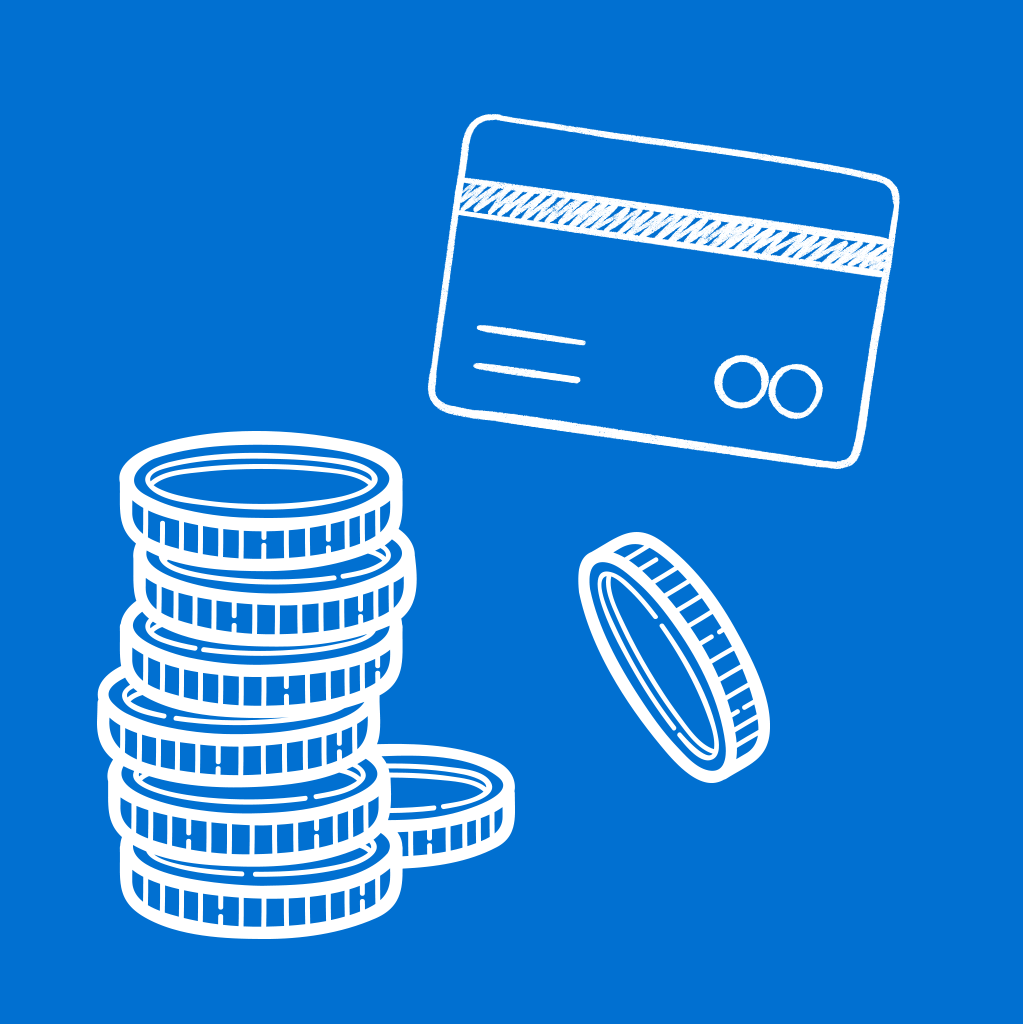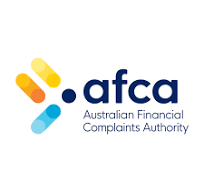Fair rates, no hidden fees
What you see is what you get. No surprises.
Apply by 22 Feb. T&Cs apply.


Apply by 22 Feb. T&Cs apply.


Apply by 22 Feb. T&Cs apply.


When life throws curveballs, we’re here to help. Credit24 can make it easy to get a cash loan when you need it most. Our simple online application only takes a few minutes — no fuss, no fine print. If approved, money paid out in 60 seconds* to OSKO participating banks.
What you see is what you get. No surprises.
Pay more when you can. No penalties. Full control.
Approved? You can generally get your funds within minutes*.
Need support? Talk to a real person, 6 days a week.
Apply for a loan with clear costs, responsible checks, and no hidden surprises between 5 to 22 February and you’ll go in the draw to win 1 of 25 x $100 eGift cards*. T&C apply.


Complete our quick and easy online application. It only takes a few minutes to check your eligibility.
You’ll receive a fast, straightforward decision from our online system—no confusing jargon or long wait times.
After our quick manual check and if approved, money can hit your bank account within minutes*.
Whether it’s bills, repairs, or treating yourself to something special, Credit24’s flexible loan options can support you through different situations - wherever you are in life.














You're not alone. Here's what others often ask and how we help.

What are Credit24's opening hours?
How do I contact Customer Care?
How do I apply for a loan at Credit24?
What are the fees and charges for a Credit24 loan?
How long does it take for a loan application to be processed at Credit24?
Is Credit24 legit ?
Our affiliations help ensure your data stays secure and your financial needs are met-without the stress



Monday to Friday: 8am - 8pm (AEST)
Saturday: 9am to 5pm (AEST)
Sunday: Closed
Email: media@credit24.com.au
